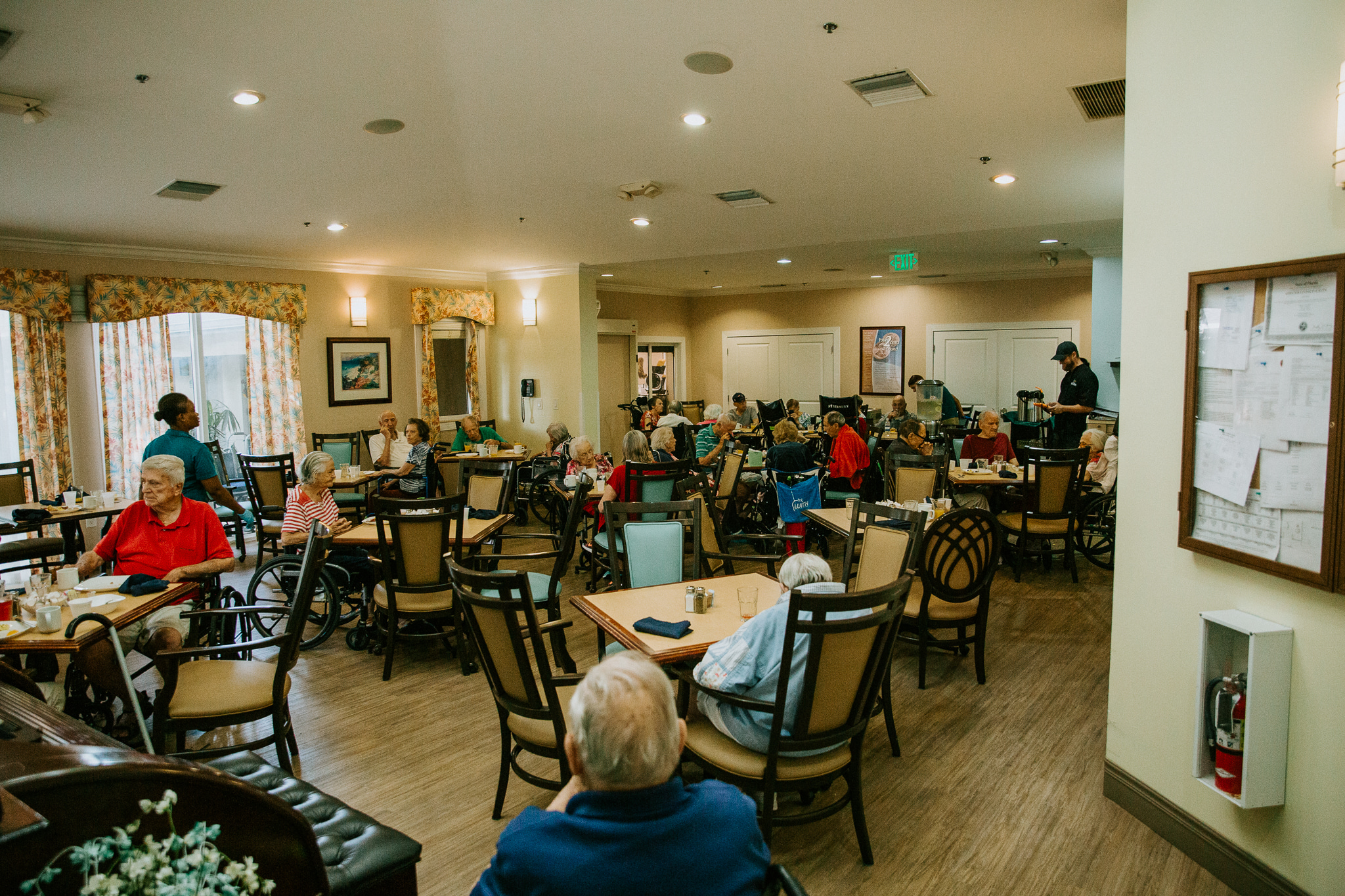When it comes time to decide about the long-term care of an elderly parent, emotions can run high. This is a bittersweet time for everyone involved, and siblings and loved ones often find themselves locked in conflict as to the best course of action for elder care. If you are struggling with a family member in regards to your mom or dad’s next move, here are some tips from the experts to smooth things over – and come to the right decision for your family.
Disagreements in regards to this subject often fall into one of the following categories:

Level of Care: One sibling may think mom is doing just fine on her own, while others may think it is time to get some help. When it is not a clear decision, arguments can ensue. This tends to happen when siblings or family members are geographically disbursed, and can be exacerbated by mom’s own opinion on how she is doing.
The solution lies in getting a professional outside assessment – or two. Ask mom’s physician for their recommendations based upon their observations, prescriptions, and any prognosis based on chronic conditions. An independent geriatric care expert can come out to your home and perform an assessment, or you can bring your loved one into a senior care facility for an assessment as well. Asking a professional from outside the family can help to quell disagreements about mom’s actual status and needs.
Level of Involvement: While it depends on the family dynamic, it is common that the onus for elder care falls on one sibling – be it the eldest, the closest geographically, or the one with the closest emotional bond. That sibling may feel pressure, isolation and helplessness if they do not get the support of their other family members. Also, someone carrying all the weight continually is more likely to suffer emotionally and physically themselves, and may be an advocate for outside care when others are not.
While it may not always be possible for others to physically help, the family member doing all the heavy lifting should be allowed to ask for help in other ways, be that financial or administratively. Remote family members should defer to those with the senior day to day as to their needs and level of required care.
Level of Parental Consent: When a parent is averse to looking into assisted living, senior care or at-home care, it can cause strife between family members. Some may take their parent’s side, wanting to honor their wishes. Others may think that going against their parent’s wishes is the best and safest course of action. Battle lines are often drawn, with the parent or loved one in the middle.
You may be able to diffuse some of this angst by touring local assisted living facilities or interviewing home care specialists, as a family but without your parents. This will allow all members of the family to understand their options, allowing you to present a united front when speaking to mom or dad about their next steps. If you can’t come to a consensus, asking for professional advice (see above) is a great way to determine if more advanced care is necessary.
Level of Financial Responsibility: Care for the elderly requires a significant financial obligation, and how to pay for the needed solution is often a point of contention for siblings and family members. Unfortunately, many worry about “spending too much”, especially if an inheritance is in play. Everyone comes to the table with a different level of understanding of what is needed, and what is practical financially.
If the senior doesn’t have money up to cover the costs, should the cost be split evenly, or should more financially secure family members shoulder the burden? Money is the cause of many family disputes – and this situation is no different. When looking into senior assisted living or memory care, meet with the staff to determine if your loved one is eligible for any programs or financial help. Determine how much will be needed, and look into long term care insurance.
At A Banyan Residence, we understand that moving your loved one into assisted living can be emotional in many ways. We are here to help you talk through your concerns and questions. Call our Venice facility today for more information.
